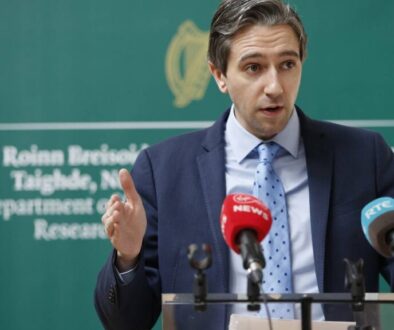Russell Group: Staffing PhDs Could Exacerbate Financial Concerns
Manchester vice-president urges funders to address ‘low’ stipends but warns change in employment status would mean fewer studentships

Moving PhD students to staff contracts in the UK will worsen the financial pressures doctoral candidates face as they struggle with the cost of living, the Russell Group’s research lead has argued.
With inflation set to hit 11 per cent this year, pressure is growing on universities and funders to increase the minimum stipend of £16,032 for 2022-23, which was set last year when price rises were forecast to be far lower. More than 8,000 people have signed a petition launched by the University and College Union (UCU) calling on UK Research and Innovation (UKRI) to commit an extra £44 million to ensure that this year’s stipend keeps pace with inflation.
“Nobody should have to worry about whether they can heat their homes or whether they can eat full meals – but unfortunately this is the reality for many postgraduate researchers that carry out important research and teaching duties for universities,” said Ansh Bhatnagar, a physics PhD student at Durham University, who helped organise the petition on behalf of the UCU’s postgraduate research campaign.
The UCU is also calling for PhD students to be treated as staff, which would guarantee them the same pension and employment rights as university employees.
However, Colette Fagan, vice-president for research at the University of Manchester, said changing the employment status of PhD students could exacerbate financial hardship, as well as impose new tax, national insurance and pension costs on universities and funders that would likely lead to fewer studentships.
“These financial concerns are legitimate things that need to be addressed, but changing the employment status of PhD students is not the way,” said Professor Fagan, who chairs the Russell Group’s committee of research leads.
According to the Russell Group’s response to UKRI’s consultation on its New Deal for Postgraduate Research, shifting doctoral students to the £9.50 an hour minimum wage would require institutions to pay £19,169 in salary for a 35-hour week. Once income tax, national insurance and pension deductions are made, PhD students would pocket just £15,720 but become liable for almost £500 in council tax payments. Universities would also have to pay £5,373 in pension and tax contributions – adding an additional £9,312 in costs to all parties, making a PhD almost 60 per cent more costly.
“There are finite budgets for charities, UKRI and universities so if costs go up you can only afford it by offering fewer places,” said Professor Fagan. “It’s very easy to say universities should just increase their budgets, or UKRI or charities should, but it would need a conscious decision at all levels to support postgraduate researchers in a different way.”
Nevertheless, Professor Fagan said she welcomed UKRI’s recent decision to review PhD stipend levels. “There is a recognition that the stipend is low and we are not providing an adequate level of support for postgraduate researchers – with this situation exacerbated by recent cost increases,” she said. “Finances need to be addressed.”
This post was first supplied by Jack Grove for The Times Higher Education.



